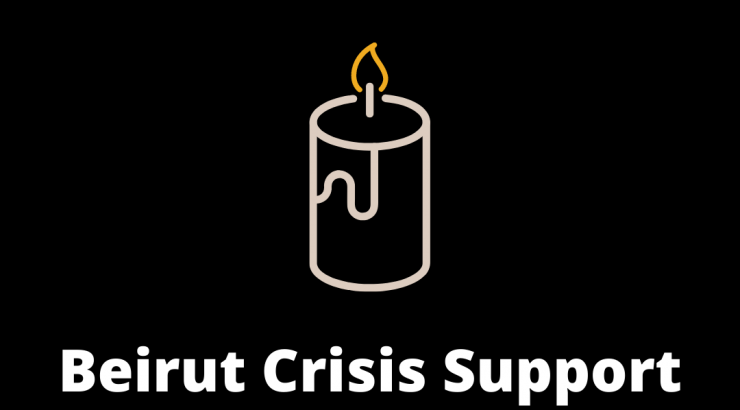
Supporting the People of Lebanon from Civic Engagement Initiatives and the Fish Interfaith Center
August 7, 2020
Even in a world where barely a household or business has been untouched by COVID-19 and hospitals have been overrun, people in countries across the world reached out with heartbreak and condolences for the people of Lebanon upon learning of Tuesday’s devastation following a deadly massive explosion in Beruit. “Every single business in Beirut has been affected by (the) deadly blast,” Lebanon’s Economy Minister Raoul Nehme told CNBC Arabia in an interview. “There is not one apartment in Beirut that wasn’t impacted, not one businesses that wasn’t impacted,” he said.
Raymond Sfeir, Professor and Director, A. Gary Anderson Chair of Economic Analysis, Anderson Center for Economic Research at Chapman University, shares the following information after gathering news reports from and about Lebanon. News reports indicate that what rocked Beirut last Tuesday was an explosion of ammonium nitrate stored in a warehouse in the port of Lebanese capital. The explosion caused devastating damage to the port through which 60% of Lebanese imports go. Extensive damage was also reported to surrounding commercial and residential areas. The explosion led to over 137 deaths and thousands of wounded. Homes of tens of thousands of people are rendered uninhabitable. The incident comes at a time that the country is still reeling from a financial and economic crisis that led to a free fall of the currency. Together with the COVID-19 epidemic and the burden of sheltering over one million Syrian refugees, one wonders how the Lebanese will be able to cope. The French President, Emmanuel Macron, visited Lebanon this Thursday, urging Lebanese officials to make the necessary reforms demanded by the IMF and European nations in order to release funds to resolve the financial crisis. When meeting with the locals in the devastated areas, he said Lebanon has the capacity to come back but that a new political order is needed. Hospitals are reported to be running out of medical supplies. Several regional and European nations are sending crews to search for survivors, field hospitals, as well as urgent medical supplies and other materials.
For ways you can help, see this Call for Action: Beruit Crisis Support, with resources gathered by the Department of Student Engagement, Civic Engagement Initiatives.
In times of crisis, there is always room in our hearts to reach out to others who experience devastation. While we cannot invite you into the Fish Interfaith Center to light candles in memory of those who died from the explosion, we invite you to watch, at a time of your choosing, a Prayer Service dedicated to the people of Lebanon. Rev. Nancy Brink, Director of Church Relations offers a lighted candle and prayer in their honor. Thank you as always for standing together with those in need in times of crisis.
